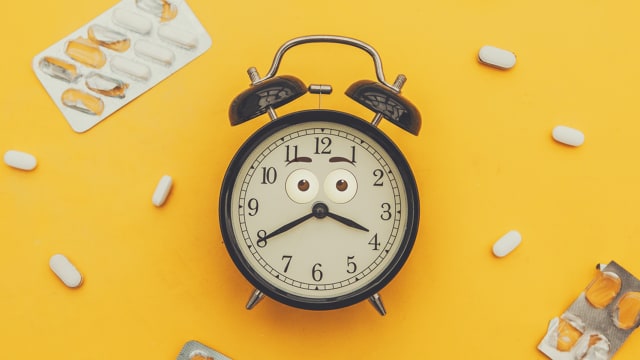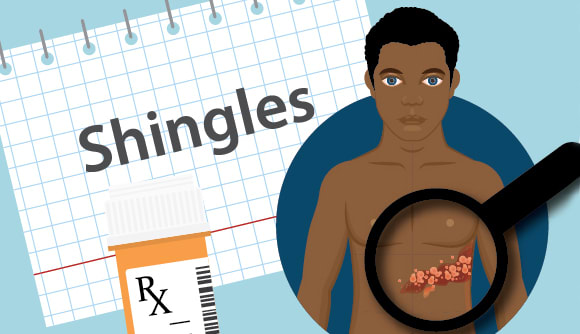Can common sleep aids cause dementia?
Taking certain OTC and prescription drugs regularly may put you at higher risk.
Article Author: Johnny Woodhouse
Article Date:

More than a third of American adults aren't getting enough sleep on a regular basis, according to a 2023 study published by the Centers for Disease Control and Prevention.
People with temporary or short-term insomnia often reach for over-the-counter or prescription sleep aids that have a sedating effect and are generally safe.
However, recent studies raise the possibility that some popular sleep aids containing an antihistamine may be associated with an increased risk of dementia. These studies are focused on a class of drugs called "anticholinergic," which block a chemical in the brain involved in memory and learning.
Long-term use increases risk
People commonly use sleep aids that contain the anticholinergic drug diphenhydramine (think Benadryl® and Dramamine®), and while safe to use in the short term, taking these medications for an extended time could significantly impact your risk of developing dementia.
One study conducted by the University of Washington found that long-term use (three years or more) of anticholinergic sleep aids and allergy medications increased the risk of dementia.
"It's important to understand that while considered safe overall, over-the-counter medications can still pose a health risk just like any other medication. They may also interact with other medications someone is taking and cause additional side effects," said Alison Bartfield, MD, an internist and the medical director of Baptist Health's AgeWell Center for Health.
These findings don't imply people should stop taking medication because they're concerned about developing dementia. Always consult your physician before stopping any prescribed medication. It's also a good idea to review the medications you're taking with your physician before making any changes.
"There may be safer, better alternatives patients can consider to help them sleep. I always recommend patients discuss with their physicians to find the right replacement for them," Dr. Bartfield said.
Consider natural sleep aids
Several natural sleep remedies can be used as a substitute. Research shows that even foods high in melatonin, such as bananas, ginger and red cherries, can be consumed before bedtime to help induce sleepiness. A charcoal/HEPA filter for your home can help relieve allergies without medication.
"People often turn to sleep aids with antihistamines to alleviate allergy symptoms and help them fall asleep. If natural remedies are not working for you, try nondrowsy antihistamines and a nasal steroid spray. These can alleviate most common allergy symptoms that could keep you from falling and staying asleep," said Dr. Bartfield.
The best way to reduce your risk for dementia is by not smoking, getting regular exercise and sticking to a healthy diet rich in fiber, fruits, vegetables and omega-3 fatty acids.
Don't lose sleep over losing sleep
If you're having trouble sleeping or want to improve your sleep quality, talk to your primary care physician. Visit baptistjax.com/request or call 904.202.4YOU to schedule an appointment today.
Sources: Centers for Disease Control and Prevention, University of Washington




